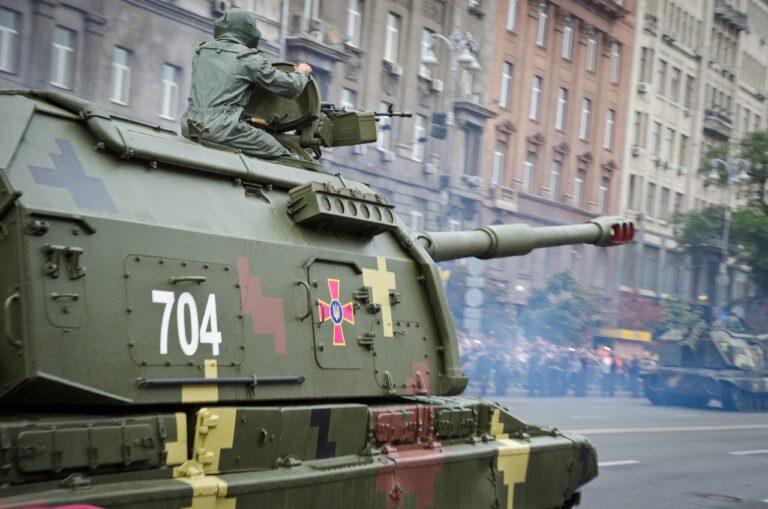The Role of AI in Virtual Reality Social Interaction Training
Integrating artificial intelligence (AI) into virtual reality (VR) social interaction training can significantly enhance the effectiveness of such simulations. By incorporating AI technology, VR environments can adapt to users’ behaviors and responses in real-time, creating a dynamic and personalized training experience. This interactive feedback mechanism helps users improve their social skills by practicing various scenarios in a controlled and realistic setting.
Moreover, AI-powered VR simulations can offer users a safe space to practice social interactions without the fear of judgment or consequences. These simulations can be customized to cater to individual needs and preferences, allowing users to work on specific social skills or challenging situations at their own pace. The adaptive nature of AI in VR training also enables continuous learning and improvement, as the system can adjust the level of difficulty based on the user’s progress and performance.
Enhancing Realism and Immersion in Virtual Reality Environments
One of the key advancements in virtual reality (VR) technology has been the ability to enhance realism and immersion in virtual environments. By incorporating highly detailed graphics, realistic sound effects, and responsive interactions, VR experiences can transport users to virtual worlds that feel incredibly lifelike. This heightened sense of realism helps users suspend their disbelief and fully immerse themselves in the VR environment, making the experience more engaging and compelling.
In addition to visual and auditory enhancements, advancements in haptic feedback technology have further contributed to enhancing realism and immersion in VR environments. Haptic feedback devices provide users with tactile sensations that simulate touch and texture, adding another layer of sensory immersion to the virtual experience. By incorporating haptic feedback technology, VR applications can create a more multisensory experience that closely mirrors real-life interactions and environments, ultimately increasing the sense of presence and immersion for users.
Improving Social Skills through AI-Powered Virtual Reality Simulations
The integration of artificial intelligence (AI) in virtual reality (VR) simulations has shown promising results in enhancing social skills among individuals. By creating interactive and realistic social scenarios within VR environments, AI-powered simulations provide users with a safe space to practice and improve their communication, empathy, and conflict resolution skills. Through real-time feedback and personalized learning experiences, users can develop a deeper understanding of social cues and behaviors, leading to increased confidence and competence in their interactions with others.
Moreover, AI-powered VR simulations have the ability to adapt to the individual needs and progress of users, offering customized challenges and scenarios based on their unique learning goals. This personalized approach not only keeps users engaged and motivated but also ensures that they receive targeted support in areas where they may need improvement. By combining the immersive nature of VR with the intelligence of AI, social skills training becomes more effective and efficient, paving the way for enhanced social interactions and relationships in both virtual and real-world settings.





